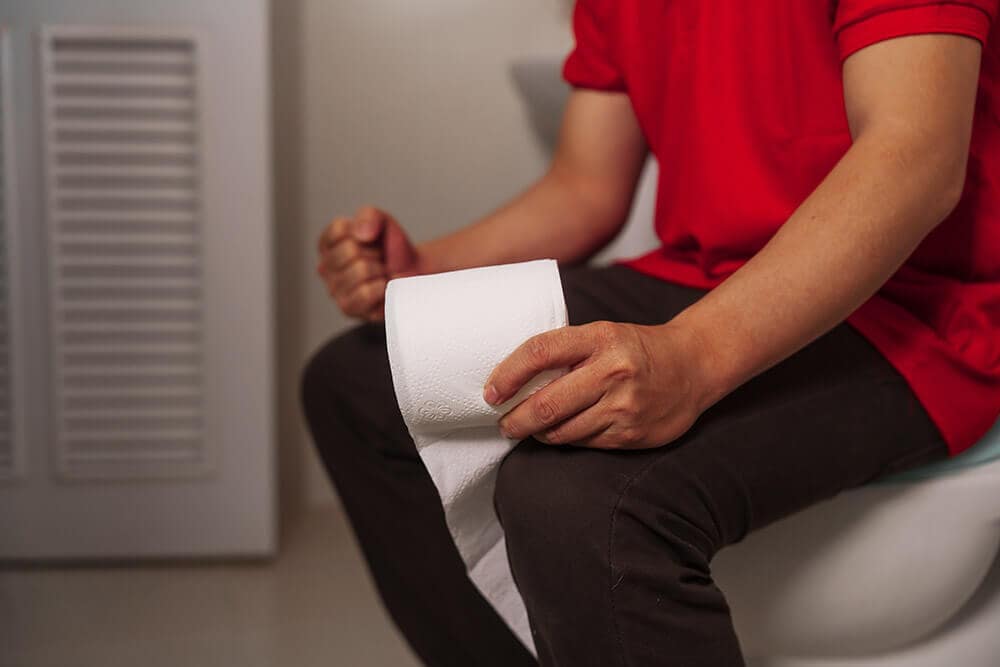What Is Hepatitis E?
Hepatitis E is a liver infection caused by the hepatitis E virus (HEV). It spreads through contaminated water or food. In most healthy people, it resolves on its own within a few weeks. However, in certain groups'such as pregnant women or people with weakened immune systems-it can lead to more serious illness.
Common Causes and Risk Factors
- Drinking water from unsafe or unclean sources
- Eating undercooked pork, deer, or other wild game
- Traveling to regions where hepatitis E is endemic
- Having a weakened immune system (e.g., HIV, cancer, or transplant patients)
- Being pregnant, particularly in the third trimester
Signs and Symptoms
- Feeling tired or weak
- Nausea or mild fever
- Poor appetite
- Yellowing of the skin or eyes (jaundice)
- Dark urine or pale stools
- Itchy skin or a light rash
How Dr. Rishi Chadha Diagnoses Hepatitis E
Medical History and Exam
Dr. Chadha reviews your symptoms, travel and food history, and any other risk factors for HEV exposure.
Blood Tests
We check liver enzyme levels (ALT, AST) and order specific HEV antibody tests to confirm acute infection.
Ultrasound Imaging
An abdominal ultrasound evaluates liver size and texture and helps rule out other liver conditions.
Frequently Asked Questions
What causes hepatitis E?
It's caused by the hepatitis E virus, often spread through unsafe water or contaminated food.
How long do symptoms last?
Most people recover and feel better within 4 to 6 weeks.
Is hepatitis E curable?
Yes. In healthy individuals it typically clears on its own without specific treatment.
How is hepatitis E diagnosed?
With blood tests that check liver enzyme levels and detect HEV antibodies.
Can food cause hepatitis E?
Yes-especially consumption of undercooked pork, deer, or other wild game.
Who is at higher risk?
Pregnant women (especially in the third trimester), travelers to endemic areas, and people with weakened immune systems.
Is there a vaccine for hepatitis E?
A vaccine exists but is not yet available in the United States.
Can I drink Houston tap water?
Yes. Houston tap water meets safety standards. When traveling abroad, use bottled or treated water.
What's the treatment for hepatitis E?
Most cases need only rest, hydration, and good nutrition. Antiviral therapy (e.g., ribavirin) is reserved for severe or immunocompromised patients.
Can hepatitis E become chronic?
Chronic infection is rare and occurs mainly in those with significant immune suppression.











